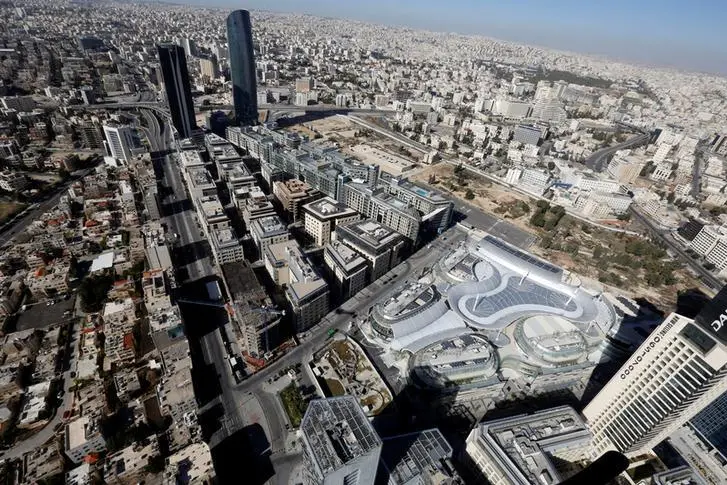PHOTO
AMMAN- Jordanian gym owner Mohammad al Armouti sighs with relief as he watches masked patrons work out again after the government eased COVID-19 restrictions, allowing his business to re-open.
"I can go back to making a living now," said Armouti, 41, whose gym is one of 3,000 such facilities that opened their doors to clients, along with public swimming pools, on Sunday, following months of closure.
While governments across the world maintain tight lockdowns to contain the spread of the coronavirus, Jordan, which saw infection levels drop sharply after surging in a second wave, is moving in the opposite direction.
Next Sunday it begins a phased re-opening of schools, bringing tens of thousands of students back to classrooms that have been closed for nearly a year.
Deaths from COVID-19 and new cases peaked in November, when Jordan was among the hardest hit countries in the Middle East, threatening to overwhelm hospitals. The army swiftly erected field clinics to cope with any overflow.
But deaths have gradually fallen since, to an average of around 10 a day, while reported daily COVID-19 cases have dropped to between 800 and 1,000, well below the 4-6,000 range of a few weeks ago.
Last month, Prime Minister Basher al-Khasawneh shortened night curfew hours and ended a full-day curfew on Fridays that had forced some firms out of business.
But health officials have expressed concern that pandemic restrictions are being loosened at a time when new variants of the coronavirus are appearing, including 350 cases, some of them linked to two travellers from Britain in late December.
"We all have to work to preserve the improved pandemic situation so that economic and social activity continues, but God forbid, if there is a setback we will be forced to review the situation," Health Minister Nathir Obeidat told state media.
(Reporting by Suleiman Al-Khalidi; Editing by Mike Collett-White) ((suleiman.al-khalidi@thomsonreuters.com; +96279-5521407;))





















